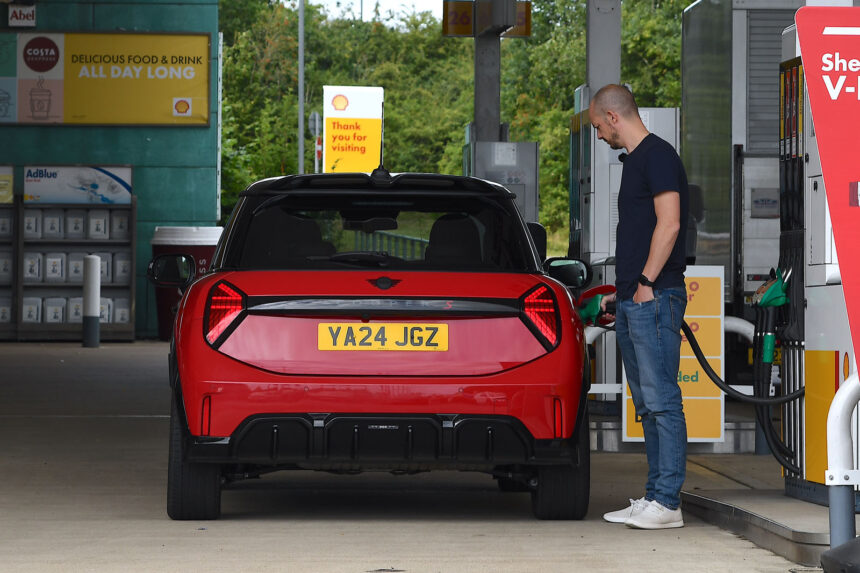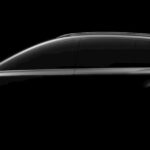Fuel Duty Frozen for Another Year in Autumn Budget
Chancellor Rachel Reeves has announced in the Autumn Budget that fuel duty will be frozen for another year, keeping the current rate of 52.95p per litre through 2025-2026. This decision comes amidst high living costs and global uncertainty, with Reeves stating that increasing fuel duty would not be the right choice.
Reeves explained, “It would mean fuel duty rising by 7p per litre, so I have decided today to freeze fuel duty, and I will maintain the existing 5p cut for another year too. There will be no higher taxes at the petrol pumps next year.”
Leading up to the Budget, there were speculations that the 5p cut in fuel duty introduced in March 2022 could be removed to generate additional government funds. Reeves revealed that reversing this cut and allowing duties to rise in line with inflation would have raised £3 billion.
In addition to freezing fuel duty, Reeves announced that company car tax incentives for electric vehicles will be maintained from 2028. The government plans to increase the differential between the first-year rates of vehicle excise duty for electric and combustion-engined vehicles starting April 2025, when EV drivers will be required to begin paying VED. Changes to VED are expected to raise £400 million.
The government has also allocated over £2 billion in funding for the automotive sector to support the electric vehicle industry and enhance manufacturing capabilities. Furthermore, a £500 million increase in funding for road maintenance has been earmarked to address a million potholes annually.
Despite these announcements, no measures were introduced to incentivize private buyers to switch to electric vehicles. The Society of Motor Manufacturers and Traders (SMMT) had previously advocated for a halving of VAT on new EVs for three years.







